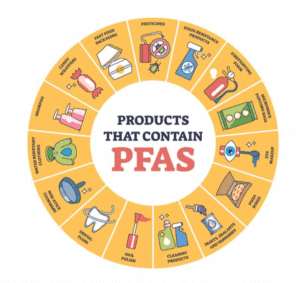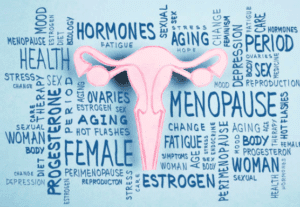Here’s another ‘weird medical truth’ that is opposite to what was ‘true before.
Isn’t it interesting that things that are ‘true’ and ‘proven’ get proven to be different as time goes by?
We used to teach patients to NEVER SKIP BREAKFAST.
It was supposed to be the most important meal of the day for everyone.
I can tell you that this is true for some people – they MUST have breakfast.
For others, they should not.
This is based on you being a genetically, hormonally, biochemically and physically unique individual. (The reason why we practice customized, personalized medicine in our clinic).
Intermittent fasting (IF) is showing evidence as a breakthrough practice to re-set metabolism and boost it.
For my clients who are insulin resistant, this is a practice that can help you shift into fat burn.
Studies from reputable universities – not just some blogger deciding this is a good idea or fad.
How to try it:
Don’t eat after 6pm.
You may drink water.
Do NOT have ‘zero calorie’ artificially sweetened waters – when your sweet sense is stimulated, you still create a hormone cascade that can enhance fat storage instead of fat burn.
‘Break your fast’ after, go to 2pm if you can…
No coffee, no nothing: just water for 18 hours.
Of course, take your medication with water if you have prescriptions.
PLEASE NOTE: This is not an opportunity to binge in the hours between 2pm and 6pm.
The UCLA study looked at 600 calories in a 24 hour period.
How can you make this satisfying and not feel like rabbit food?
Try a large bowl of zucchini noodles marinated in a hearty Sundried tomato sauce (search in Raw Food Vegan recipes).
Serve with a grilled chicken breast.
Your second meal could be a chicken salad dressed in mayonnaise and Herbs De Provence, with organic greens or spinach.
These are filling.
Have a tablespoon of peanut butter and a glass of home made almond milk and you will be ready for the next day.
Do this 3-4 x week for 6 weeks and let me know how this goes.
(***Insulin resistant clients.
Not hypoglycemics, not people with HPA axis dysregulation. Check with your MD)
On the in-between days, continue low carb, higher protein and higher fat food choices.
Yours in Health,
Dr. Natasha Iyer, MD



